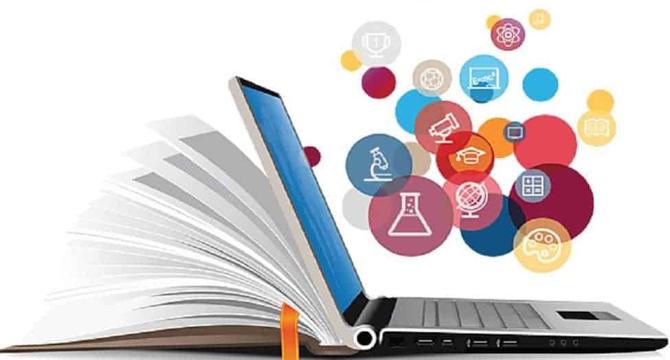TronWeekly
3w
317

Image Credit: TronWeekly
What Role Does Technology Play in Promoting Equity?
- Equity ensures equal opportunities, resources, and rights irrespective of background, wealth, or physical abilities, with technology playing a crucial role in bridging disparities in various sectors.
- Technology promotes inclusion by making information, communication, and services accessible to marginalized groups and overcoming barriers such as disability, remoteness, and cost.
- In education, technology revolutionizes learning by providing access to web-based education platforms, speech-to-text software, and personalized AI-driven lessons, bridging the rural-urban education gap.
- In healthcare, technology enhances accessibility through telemedicine, mobile health apps, AI diagnosis, wearable technology, and neural-controlled prosthetics, ensuring equitable healthcare for all.
- Digital finance, facilitated by mobile wallets, blockchain, and financial literacy apps, closes economic gaps, promotes financial inclusion, and reduces dependency on predatory lenders.
- Technology breaks barriers for individuals with disabilities through voice assistants, speech-to-text technology, and AI-based navigation apps, enabling their full participation in work and social life.
- Inclusive workplaces are fostered through remote work platforms, AI recruitment tools, and virtual reality training programs, emphasizing skills and promoting diversity.
- Social media and e-government portals enhance civic engagement, while connectivity initiatives empower marginalized communities by providing online opportunities and reducing rural-urban disparities.
- Technology, though not a standalone solution, contributes to creating an equitable world through increased access to education, health, finance, and work, necessitating ethical regulation and digital literacy for inclusive innovation.
- Governments, corporations, and civil society must collaborate to leverage technology for promoting equity and ensuring boundary-less opportunities for all individuals.
Read Full Article
19 Likes
For uninterrupted reading, download the app